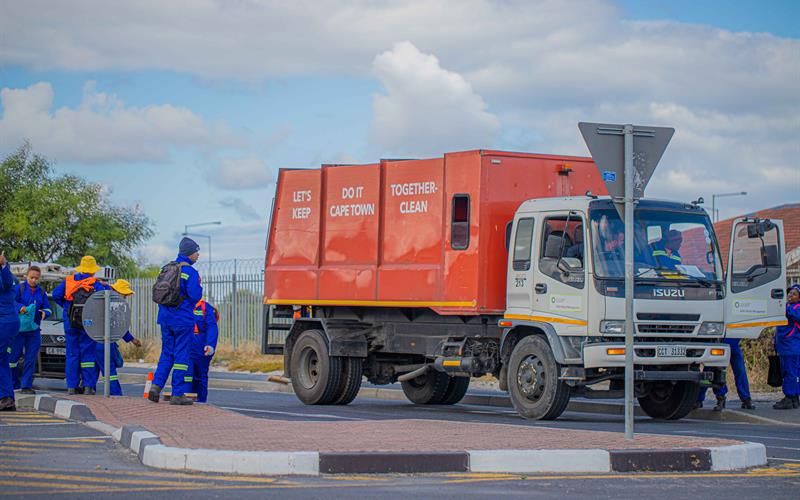The recent taxi strike has caused significant disruptions to public services, and waste management has not been spared. Waste management companies are facing severe operational difficulties due to staff’s inability to get to work, leading to challenges in garbage collection and street cleaning.
The Interconnected Nature of Urban Infrastructure
The taxi strike’s impact goes beyond transportation services, affecting other essential public services, including waste management. Road closures resulting from the protests further compound the situation and hamper the movement of solid waste vehicles.
Minimizing Disruptions in Waste Management Services
Waste management authorities are working tirelessly to ensure minimal disruptions to services, even in the face of the taxi strike. Companies pledge to resume work in affected areas as soon as possible, and residents are urged to liaise with their local councillors for up-to-date information. Recycling drop-off facilities continue to operate with limited staff and reduced operational hours.
Community Efforts in Maintaining Cleanliness
Communities have a crucial role to play in maintaining the cleanliness of their neighborhoods during the crisis. Residents are advised not to resort to illegal dumping and instead store their waste in wheelie bins until the backlog clears. Waste management authorities are incentivizing responsible behavior by offering rewards for reporting instances of illegal dumping leading to fines and convictions.
Resilience and Adaptability in Waste Management Services
Waste management services are exemplary in their commitment to minimizing the taxi strike’s impact on their operations. The solidarity shown by communities in these trying times demonstrates the power of collective effort in overcoming challenges.
Lessons Learned for More Resilient Waste Management Systems
As they navigate the complexities of the crisis, waste management companies, local councils, and residents collaborate to develop more resilient waste management systems in the future. A shared sense of responsibility and collaborative efforts have the potential to create a cleaner, more sustainable future for all.








